The results from large dog studies done by SIBR Research show that orally administered ubiquinol is mostly converted to the ubiquinone form of Coenzyme Q10 by the time it reaches the small intestines [Judy 2021 Part 2].
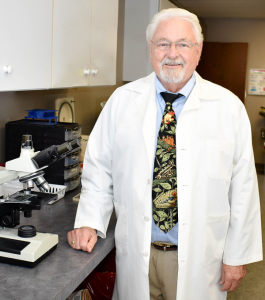
Coenzyme Q10 is an essential bio-nutrient, especially important as we get older. It is a redox molecule with an oxidized state called ubiquinone and a reduced state called ubiquinol. Both are bio-active states. Ubiquinone supplements are more stable and much more tested than ubiquinol supplements. Ubiquinol by nature of being an electron donor is relatively quick to be oxidized to ubiquinone.
In the small intestines, it is then absorbed primarily as ubiquinone. Once it enters the lymph, it is increasingly converted back to ubiquinol.
By the time it leaves the lymph to enter the blood circulation, it is approximately 96 % ubiquinol again.
These findings beg the question: why buy a ubiquinol supplement when the ubiquinol will probably be converted to the ubiquinone form of Coenzyme Q10 prior to absorption?
Coenzyme Q10 in the Ubiquinone or Ubiquinol Form?
The current state of CoQ10 research seems to show four things:
1) Coenzyme Q10 supplementation is associated with significant antioxidant and anti-inflammatory effects. CoQ10 supplementation is useful as an adjuvant therapy for the treatment of heart failure, atrial fibrillation, and myocardial infarction and for treatment of patients with associated risk factors such as hypertension, insulin resistance, dyslipidemias, and obesity [Martelli 2020].
2) Coenzyme Q10 has a low absorption percentage. How well the Coenzyme Q10 in the supplement is absorbed depends more on the formulation of the supplement – the solubilization of the Coenzyme Q10, the choice of carrier lipids, and the heating/cooling process – than it does on the form of the Coenzyme Q10, whether ubiquinone or ubiquinol [Lopez-Lluch 2019].
Not all CoQ10 supplements are equally well absorbed. It is important to choose a CoQ10 supplement that has its absorption and bioavailability documented in peer-reviewed journals.
3) It is not necessary to take a ubiquinol supplement in order to get enough ubiquinol into the blood circulation. A good ubiquinone CoQ10 supplement will significantly increase the concentration of ubiquinol in the blood [Mohr 1992].
4) Moreover, the body has numerous enzyme systems available to convert the ubiquinone form of Coenzyme Q10 to the ubiquinol form as the need arises [Mantle & Dybring 2020].
Lab Studies of Ubiquinol Conversion to Ubiquinone
On q10facts.com in November 2021, we reported the results of lab studies done at SIBR Research. Thirteen over-the-counter ubiquinol supplements available for purchase in the US were tested three times:
1. Upon release from the capsule
2. In a 2.2 pH solution that simulated gastric juices
3. In an 8.2 pH solution that simulated small intestinal fluids
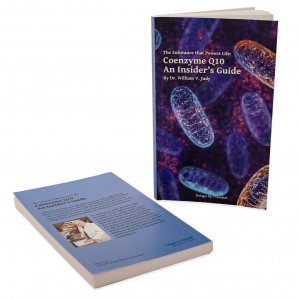
On pages 46-70 of my book The Insider’s Guide to Coenzyme Q10, I describe in some detail the absorption and bioavailability of Coenzyme Q10. Available from amazon.com. ISBN: 978-87-7776-186-7.
The lab studies showed that fully 76% of the ubiquinol from the capsules was oxidized to ubiquinone in the 8.2 pH solution. If the one outlier among the 13 tests products was eliminated, then the percentage of ubiquinol converted to ubiquinone rose to 84% on average [Judy 2021 Part 1].
Dog Studies of Ubiquinol Conversion to Ubiquinone
The evidence from the SIBR Research lab studies showed that orally administered ubiquinol is likely to be oxidized to ubiquinone and to be
absorbed as ubiquinone.
In follow-up SIBR Research study of the transfer and absorption of
orally ingested ubiquinol in large dogs, we found that the percentage of ubiquinol converted to ubiquinone increased as the capsule contents passed through the stomach and small intestines prior to transferring into the lymph system.
Once it had been absorbed in the ubiquinone form and reached the lymph, it was rapidly converted back to the ubiquinol form and was transferred from the lymph to the blood circulation predominately in the ubiquinol form.
The SIBR Research dog studies showed that ubiquinol in commercially available supplements is not stable in the gastrointestinal tract of large dogs. Logically, then, in humans, it seems that most of the ubiquinol from capsules will be oxidized to ubiquinone in small intestines.
Ubiquinol – Ubiquinone Conversion in the Dog Studies
The evidence from the large dog studies makes sense.
1) Ubiquinol with two more electrons than ubiquinone is an electron donor. Donating electrons is what makes it a potent antioxidant.
2) In the lymph, in the blood and in the lipoproteins in the blood, there is a greater need for antioxidant protection than there is for increased bio-energetics. With this in mind, it is logical that the Coenzyme Q10 in the lymph and in the blood circulation should be predominately in the ubiquinol form.
3) Orally ingested Coenzyme Q10 seems to be absorbed rather rapidly. In the large dog studies, the Cmax in the abdominal lymph duct occurred in two hours.
It takes approximately six hours for the Coenzyme Q10 to peak in the plasma [Bhagavan & Chopra 2006]. It appears that the slow flow of lymph from the intestinal absorption cells to the plasma is the causative factor for the claimed slow absorption of Coenzyme Q10.
Bottom Line – Ubiquinol or Ubiquinone?
There have been extensive marketing claims – without sufficient scientific documentation – for the superiority of the absorption of Coenzyme Q10 in the ubiquinol form.
1) In fact, the lab and large dog studies show that the ubiquinol in supplements most likely will be oxidized to the ubiquinone form of Coenzyme Q10 in the small intestines and will be absorbed as ubiquinone [Judy 2021, Part 1 and Part 2].
Moreover, a good ubiquinone supplement will give a significant boost to the concentration of ubiquinol in the blood and in the lipoproteins in the blood [Mohr 1992]. In other words, it is not necessary to take a ubiquinol supplement in order to get sufficient ubiquinol.
2) For better absorption and bioavailability of Coenzyme Q10, the formulation of the individual product is much more important than the ubiquinol or ubiquinone form of the product.
In a head-to-head comparison study, a well-formulated ubiquinone product gave significantly better bioavailability than a patented ubiquinol product did [Lopez-Lluch 2019].
Sources
Bhagavan HN, Chopra RK. Coenzyme Q10: absorption, tissue uptake, metabolism and pharmacokinetics. Free Radical Research. 2006;40(5): 445–53.
Judy WV. The Instability of the lipid-soluble antioxidant ubiquinol, Part 1 – Lab studies. Integrative Medicine. 2021, Aug-Sep; 20(4):24-28.
Judy WV. The Instability of the lipid-soluble antioxidant ubiquinol, Part 2 – Dog studies. Integrative Medicine. 2021, Oct-Nov; 20(5):22-26.
López-Lluch G, Del Pozo-Cruz J, Sánchez-Cuesta A, Cortés-Rodríguez AB, Navas P. Bioavailability of coenzyme Q10 supplements depends on carrier lipids and solubilization. Nutrition. 2019 Jan;57:133-140.
Mantle D, Dybring A. Bioavailability of Coenzyme Q10: An Overview of the Absorption Process and Subsequent Metabolism. Antioxidants (Basel). 2020;9(5):386.
Martelli A, Testai L, Colletti A, Cicero AFG. Coenzyme Q10: Clinical Applications in Cardiovascular Diseases. Antioxidants (Basel). 2020;9(4):341.
Mohr D, Bowry VW, Stocker R. Dietary supplementation with coenzyme Q10 results in increased levels of ubiquinol-10 within circulating lipoproteins and increased resistance of human low-density lipoprotein to the initiation of lipid peroxidation. Biochim Biophys Acta. 1992 Jun 26;1126(3):247-54.
The information presented in this review article is not intended as medical advice and should not be used as such.
30 December 2021


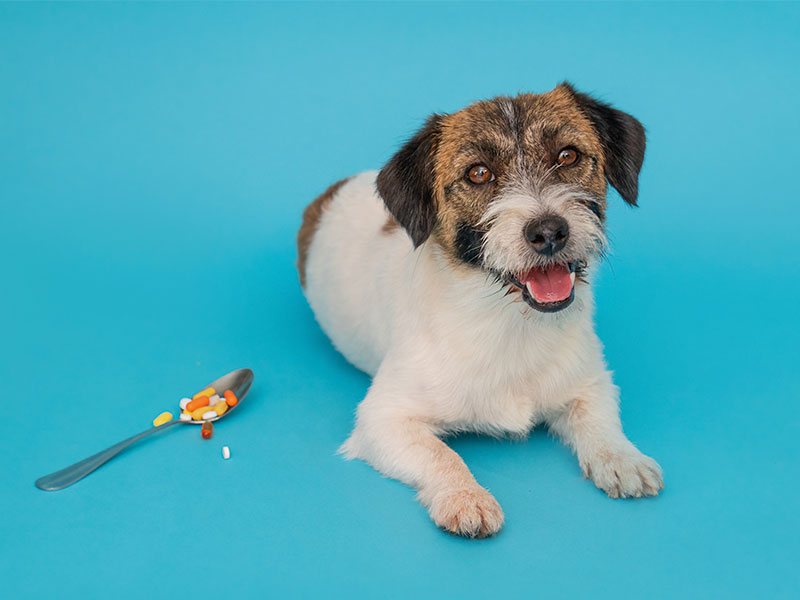
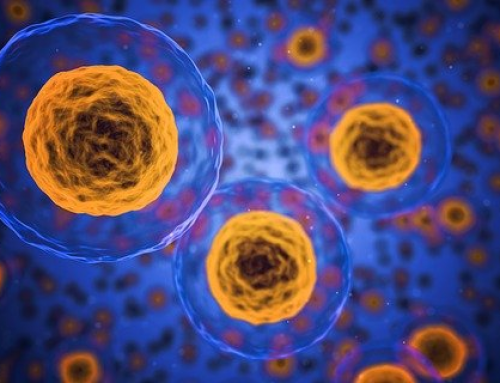
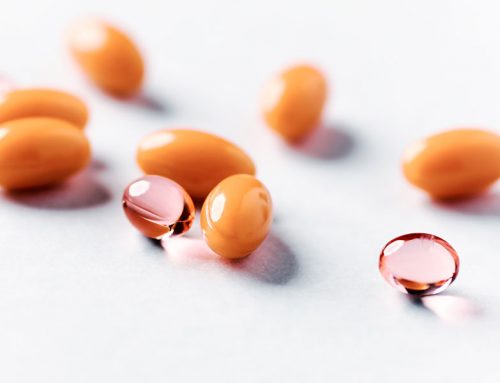
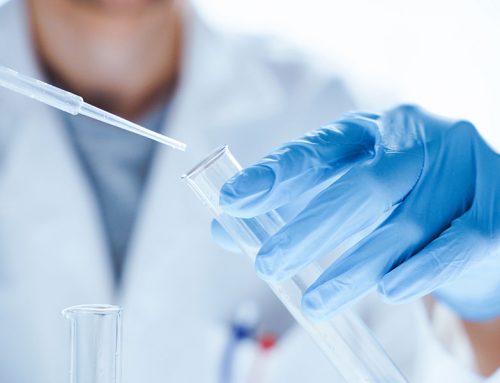
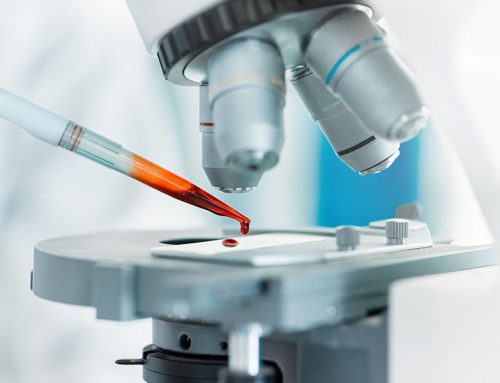
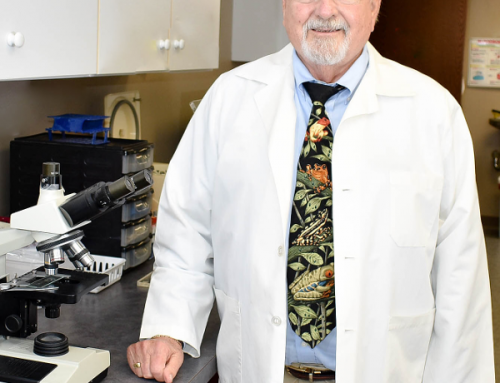
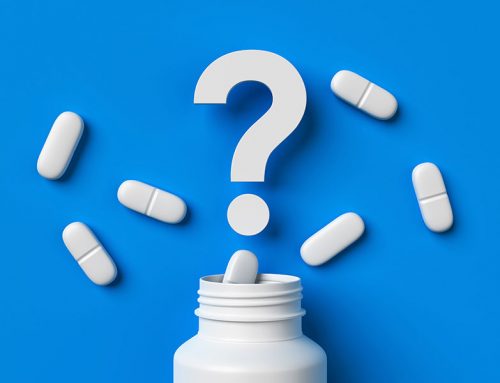
Leave A Comment